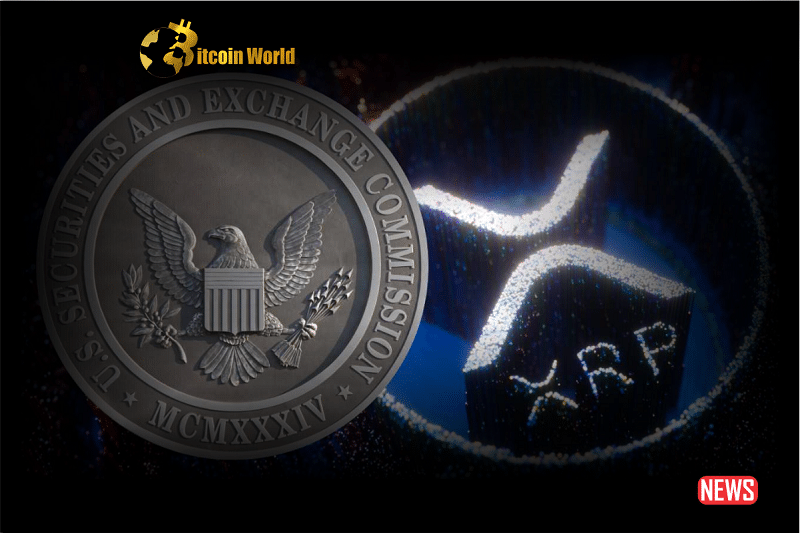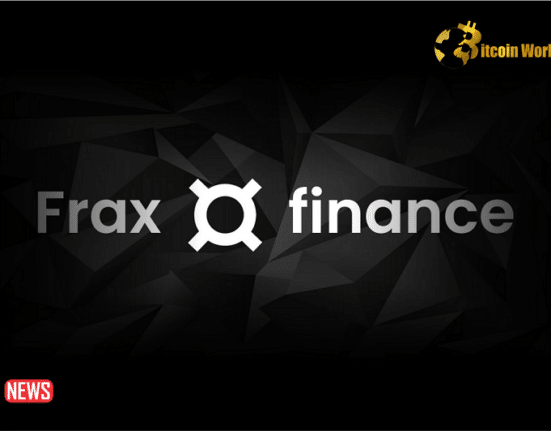The recent ruling by Judge Analisa Torres classifying XRP as a digital asset has put the U.S. Securities and Exchange Commission (SEC) in a challenging position, leaving them with critical decisions to make regarding the Ripple case.
Four Options on the Table for the SEC
The SEC now has four potential courses of action to choose from as they navigate the aftermath of the ruling. The most probable option, according to cryptocurrency lawyer James A. Murphy, is for the SEC to file a provisional appeal. This entails seeking permission from both Judge Torres and the 2nd Circuit Court of Appeals to appeal the decision before the case concludes.
To be granted permission for the appeal, the SEC must demonstrate that the ruling raises significant legal issues, showcases differences of opinion, and an immediate appeal can advance the case substantially. Murphy believes that the mounting political pressure on SEC Chairman Gary Gensler to reverse the Torres decision and the SEC’s “regulation by sanction” program targeting the crypto industry could drive them to pursue this avenue.
Another option is for the SEC to continue the aid and abetting suit against Ripple CEO Brad Garlinghouse and co-founder Chris Larsen.
Alternatively, the SEC could drop the claim against Larsen and Garlinghouse and proceed with an immediate appeal that does not require permission.
Lastly, a settlement remains a possibility, but Murphy deems it unlikely due to the implications of leaving the Torres precedent untested.
Crucial Weeks Ahead
The upcoming weeks will be pivotal in shaping the future of the SEC v. Ripple case. All eyes are on the SEC as the agency’s response to Judge Torres’ ruling will significantly impact the outcome of this high-stakes legal battle.
The SEC’s choice, whether to file a provisional appeal, pursue other legal avenues, or consider a settlement, will determine the direction of the case and could have broader implications for the regulation of digital assets in the United States. As the crypto community eagerly awaits the SEC’s decision, the industry holds its breath to see how this legal drama unfolds.















